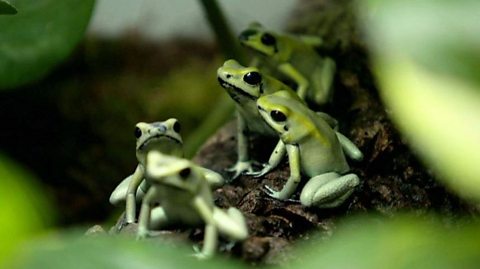A collection of classroom resources for primary and secondary schools to support teaching around World Wildlife Day.
When is World Wildlife Day?
World Wildlife Day is marked annually on 3 March. It's a chance to celebrate and raise awareness of the world’s wild animals and plants. The theme for 2024 is Connecting People and Planet: Exploring Digital Innovation in Wildlife Conservation.
Primary resources
Our primary resources include a Live Lesson about sharks and the work of animal conservationists, hosted by Steve Backshall and Naomi Wilkinson from the National Marine Aquarium in Plymouth.
Videos
Oceans and seas. collectionOceans and seas
Three short films for 5-7 year-olds exploring the KS1 Geography topic Oceans and seas: identifying the five oceans of the world, exploring the key characteristics of fish and other marine wildlife, and considering the threat posed by plastic waste.
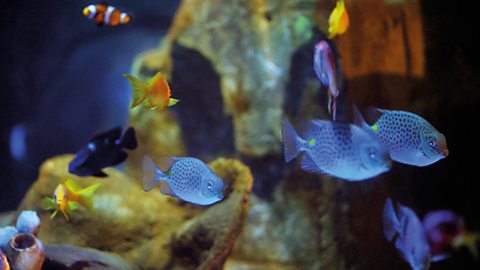
Explain This...Animal life cycles. videoExplain This...Animal life cycles
This animated film for 5-7 year-olds, shows the life cycle of a butterfly and a frog, and takes us through the human life cycle.
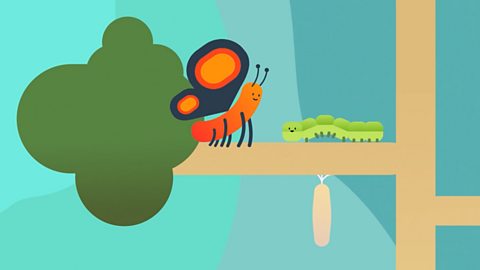
Explain This...The food chain. videoExplain This...The food chain
This short film for 5-7 year-old pupils describes food chains, explaining what consumers and producers are, and what can happen if a food chain is disrupted.
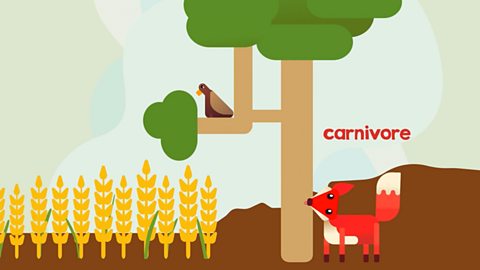
Explain This...Plant life cycles. videoExplain This...Plant life cycles
This short film for 5-7 year-olds explains how plants change over time, as well as the clever ways they reproduce.
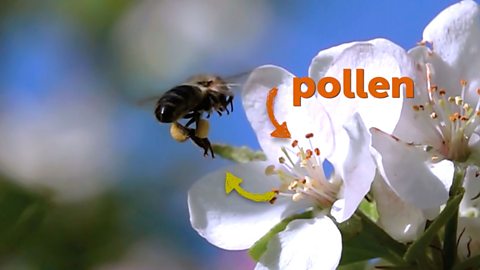
The Great British Year. collectionThe Great British Year
A series of spectacular clips exploring British plants, animals and landscapes throughout the four seasons of the year. Suitable for 5-11 year-olds.
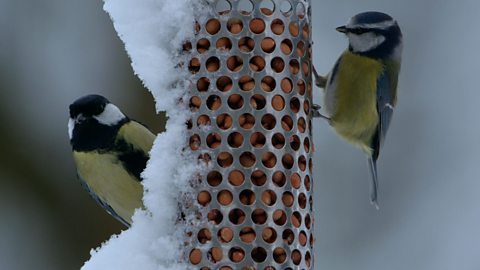
Evolutionwatch. collectionEvolutionwatch
In this series of short films, Michaela Strachan and Martin Hughes-Games unpack the science of evolution for 5-11 year-olds.
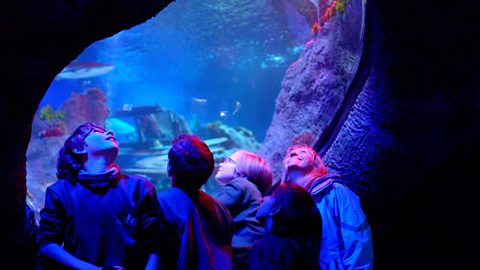
Blue Planet Live. collectionBlue Planet Live
Chris Packham, Liz Bonnin and Steve Backshall explore our oceans and its wildlife, to find out how marine life is coping in the face of increasing environmental pressure. Suitable for 7-11 year-olds.
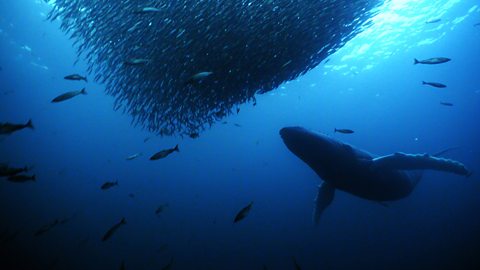
Life on Planet Ant. collectionLife on Planet Ant
Professor Adam Hart is joined by a team of primary school scientists to explore the fascinating underground world of a leafcutter ant colony. Suitable for 7-11 year-olds.
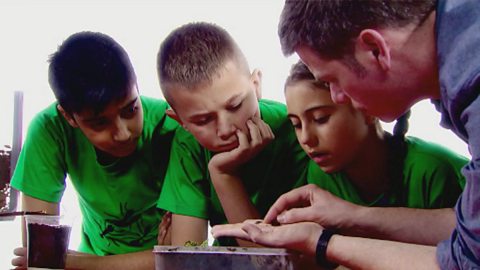
Life Lessons. collectionLife Lessons
This series aimed at 7-14 year-olds introduces key concepts in biology, focusing on the seven important lessons from the natural world with beautiful wildlife footage.
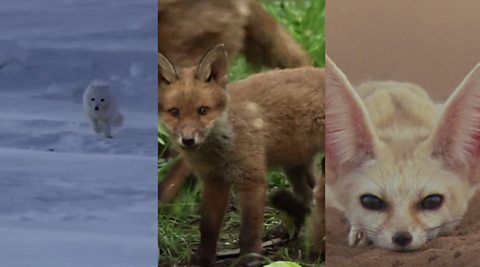
The Burrowers. collectionThe Burrowers
A compilation of short films for 5-11 year-olds, looking at Britain's best-loved burrowing animals with naturalist and presenter Chris Packham.
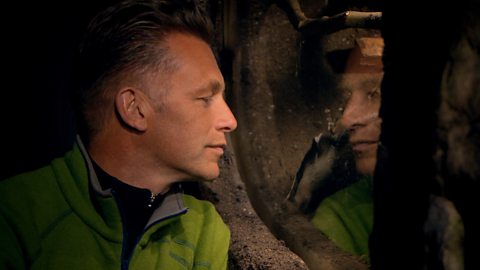
Live Lessons
Watch again: Deadly Mission Shark – Science Live Lesson. videoWatch again: Deadly Mission Shark – Science Live Lesson
This exciting science lesson is hosted by Steve Backshall and Naomi Wilkinson, from the National Marine Aquarium in Plymouth.
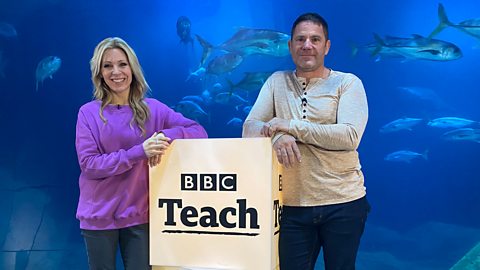
Winterwatch - Live Lesson. videoWinterwatch - Live Lesson
A science Live Lesson in collaboration with 91Čȱ¬ Two's Winterwatch to help 7-11-year-olds investigate living things and their habitats.
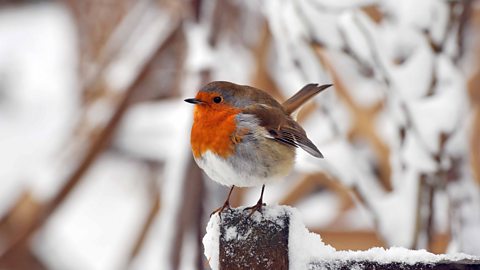
The Big Schools Winterwatch Live Lesson. videoThe Big Schools Winterwatch Live Lesson
Aimed at 7-11 year-olds, learn some key skills to help you get outdoors and find out more about the birds in your environment with a very special Live Lesson.
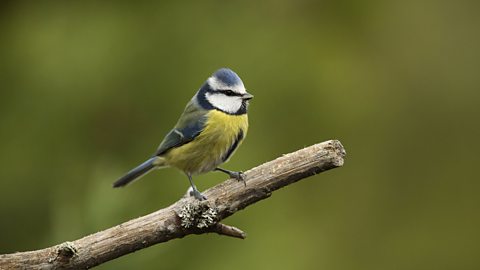
Primary Science: Creatures and Colour - Live Lesson. videoPrimary Science: Creatures and Colour - Live Lesson
In partnership with Chester Zoo. Naomi Wilkinson and Mr Smith are joined by zoo ranger Sean, as well as a whole host of magnificent beasts, to investigate why animals are different colours. Suitable for 5-11 year-olds.
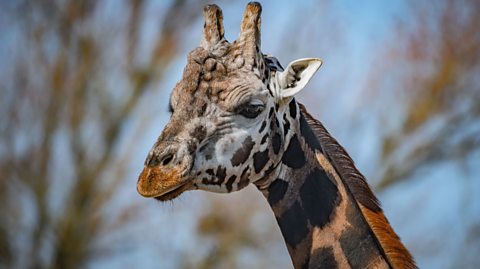
Blue Planet - Live Lesson. videoBlue Planet - Live Lesson
This science and geography Live Lesson for 7-11-year-olds explores the Earth's rich marine life and ecosystems, as well as some of the threats to our oceans.

Terrific Scientific Feet - Live Lesson. videoTerrific Scientific Feet - Live Lesson
Aimed at 9-11-year-olds, this Live Lesson explores adaptation, evolution and inheritance of living things.
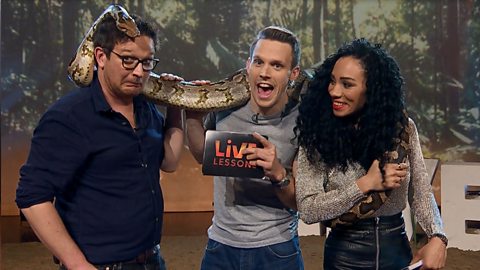
Secondary resources
Our secondary resources include a look at the pros and cons of rewilding.
Ecosystems and Biomes. collectionEcosystems and Biomes
In this series of short films for 11-16 year-olds, Ferne Corrigan explores the physical geography and wildlife in ten different biomes around the globe.
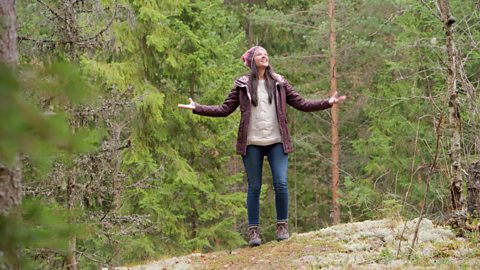
Wonders of Life. collectionWonders of Life
Professor Brian Cox explores the globe to reveal how a few fundamental laws of science gave birth to the most complex and unique feature of the universe - life. Suitable for 11-16 year-olds.
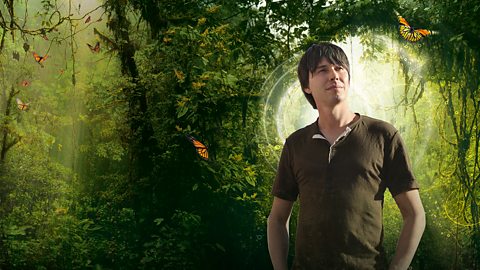
Geography - The Big Issues: Rewilding. videoGeography - The Big Issues: Rewilding
This short film from the series The Big Issues, follows Faith, a student from Tyneside, looking at the pros and cons of rewilding, and investigating plans to reintroduce the lynx into parts of Kielder Forest for the first time in 1,300 years. Suitable for 11-16 year-olds.
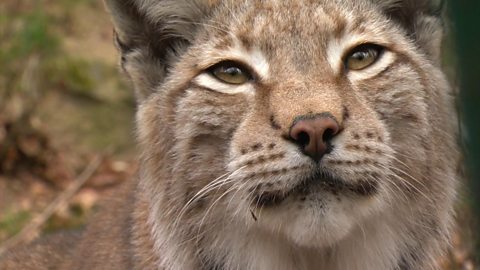
Why do islands give rise to such unusual creatures? documentWhy do islands give rise to such unusual creatures?
In this interactive article for 11-16 year-olds, Richard Fortey explores the weird and wonderful animals and plants that have evolved on Hawaii and Madagascar.
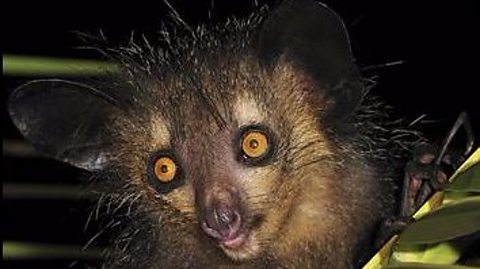
Could frogs go the way of the dinosaurs? documentCould frogs go the way of the dinosaurs?
This article for 11-16 year-olds investigates frogs and the dropping numbers. In fact, some experts think that the majority of them could be gone before you are.
